So I’ve been doing a lot of thinking about my relationship with food lately. Apropos, don’t you think? Considering that we’ve officially entered The Holiday Season. And considering that today is Thanksgiving.
Also. I finally started reading Women Food and God yesterday.
The author, Geneen Roth, writes that a woman’s relationship to food directly correlates to her spirituality and her relationship with God. So one must first accept the assumption that everyone has a “relationship” with food.
It’s strange to me when we use the word “relationship” for inanimate objects, even though it’s such common vernacular that we hardly notice or question the meaning. (Guess that’s why I’m an editor.) But a relationship in reference to a person, or even a pet, implies a two-way interaction. If we speak of someone’s “relationship” with a non-living thing, doesn’t it automatically qualify as unhealthy? Because “relationship” implies an attachment that must somehow tell the subconscious that the non-living thing actually gives something back for the time given to it.
For example, if one were to speak of her “relationship” with the T.V. — how much she loves it, how it would absolutely kill her to live without it, how she can’t possibly miss a single precious episode of fill-in-the-blank popular trashy show — somewhere in her subconscious she’s telling herself that she gets something from the T.V. — something she doesn’t get anywhere else — in return for sitting on her ass in front of it. If she hasn’t explored why she’s so attached to her T.V. watching, the ideas that she’s escaping reality or addicted to fantasy probably haven’t surfaced. But it’s likely they are there, even on a small level.
But with food, how does one even begin to define a “relationship” with this inanimate thing that we consume called food? And then how does she explore what might be an unhealthy “relationship”?
I suppose if we were to compare it to a healthy human relationship, you’d want to be in a relationship (either friend or romantic) where both parties are on equal footing: no one controls or manipulates the other and you have mutual respect for each other.
OK, that analogy can only go so far — it’s not like the food on your plate is going to respect you. BUT, which one of you is doing the controlling? Does the food control you or do you control the food? When you approach the food “relationship,” are you on equal footing, or does the food automatically have power over you (for some undefined reason)? Does the food manipulate you?
Again, the analogy breaks down because food, as an inanimate object, cannot control or manipulate or assert power over you. It is YOU, the living and thinking party in the “relationship,” who relinquishes YOUR power and control to the inanimate party.
Roth asserts that all of our suffering manifests itself in the way we eat. We choose to eat instead of choosing to face ourselves, our true feelings, our despair.
I’m not 100% convinced that this theory applies to my personal “relationship” with food.
But. If it’s true, why do we do it? Because it’s easy? The food is just sitting there, staring at us and looks so good and smells so good, that the easy thing is to give in rather than to enact our willpower to withstand the temptation to overindulge? Because, like the T.V. example, it’s an escape? We eat yummy food, which tastes good and makes us happy, to escape the realities that make us sad and depressed? Because we’re bored? If we are home alone with no one to talk to and nothing pressing to keep our attention focused, do we munch on whatever is around until we’ve finished off the whole bag of chocolate covered pretzels without even realizing it?
The list could go on.
I think our relationship with food is better described as our connection to food. Do we connect with food for healthy and good reasons, or for unhealthy and bad reasons?

One thought on “Women and our “relationship” with food”